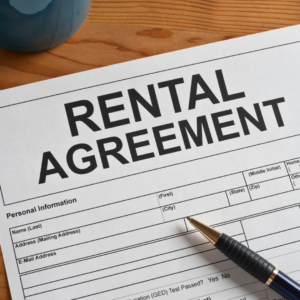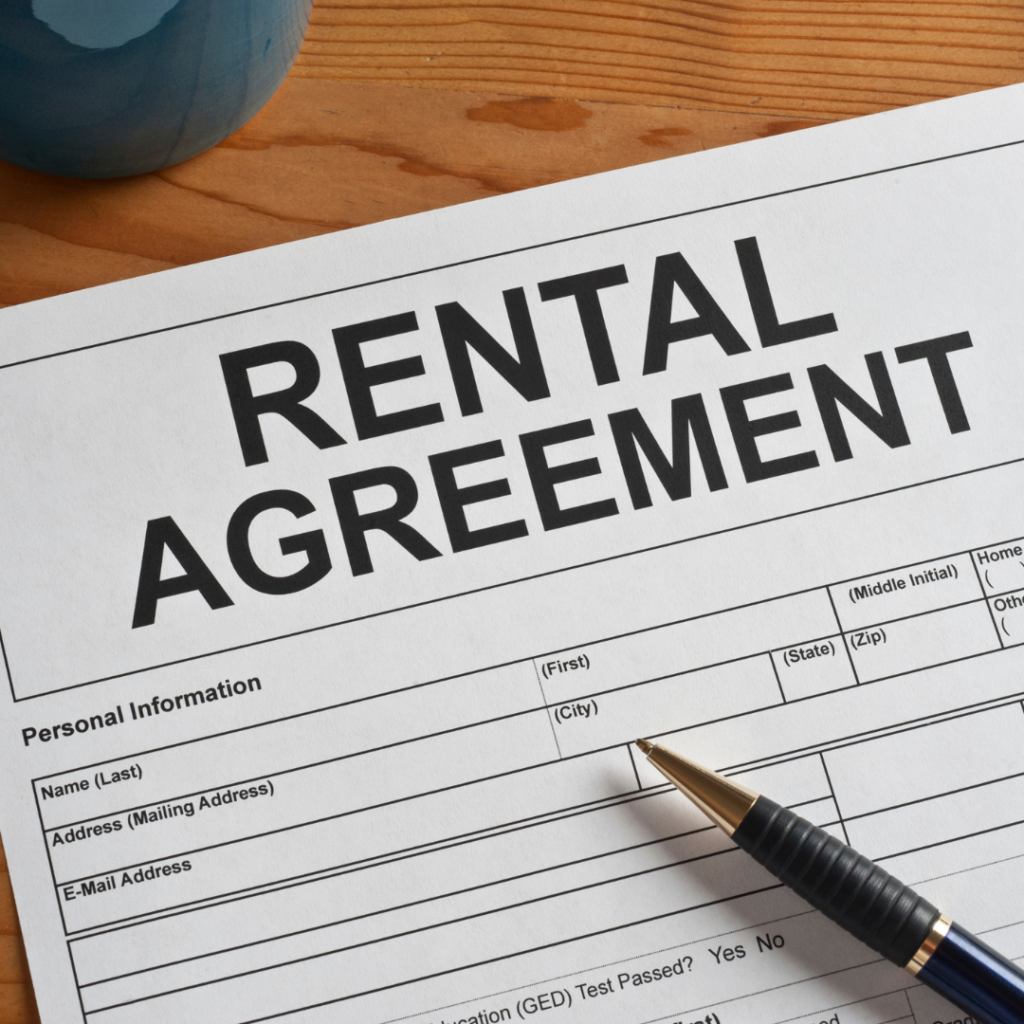Help! What is a Rent Pressure Zone? (RPZ)
One of the factors determining both the amount of rent a landlord can initially charge and indeed how much it can be increased over time is whether or not your rental property is located in a Rent Pressure Zone (RPZ). Most properties are now in an RPZ.

What is a RPZ?
A Rent Pressure Zone (RPZ) is a designated area where rents cannot be increased by more than general inflation, as recorded by the Harmonised Index of the Consumer Price (HICP).
Any rent increase in an RPZ must adhere to this, and the rent previously set cannot increase by more than 2% per year pro rata, where HICP inflation is higher.
Where are the RPZs?
Rent Pressure Zones are situated in parts of the country where rents are highest and rising, and where households have the greatest difficulty finding affordable accommodation. They are intended to moderate the rise in rents in these areas and create a stable and sustainable rental market that allows landlord and tenants to plan financially for their future.
To check if your property is in an RPZ, you can input your property address into the RTB Calculator or visit the listing on the RTB Website.
Will my Property Always be in an RPZ?
All RPZs will remain designated as an RPZ until 31 December 2024. However due to Ireland’s housing crisis, it is quite possible this date will be extended.
Are There Any Exemptions to RPZs?
It is important to remember that not all properties in Rent Pressure Zones are subject to the HICP inflation restrictions. Exempt properties include properties that have not been rented for a period of two years prior to the immediate tenancy commencement date, a new tenancy in a protected structure that has not been let out in the previous 12 months and those properties that have undergone a ‘substantial change in the nature of the accommodation’.
What do RPZ’s mean for you as a Landlord?
All Landlords must follow certain procedures when setting & reviewing rents. These rules are set out in the Residential Tenancies Act. Where a property is located in a Rent Pressure Zone, the new rent set cannot exceed the market rent of similar local properties, nor can it increased by more than 2% per year pro rata, where HICP inflation is higher.
For a new tenancy you must provide to the tenant in writing the date that rent was last set, the amount of that rent, and a statement as to how the rent was set using the Rent Pressure Zone calculator. For tenancies that commenced on or after 24th December 2016, a rent review can be undertaken every 12 months. All rent reviews must follow strict rules as laid out by the RTB, including giving a minimum of 90 days’ notice.
Sounds Complicated?
When Delaney Estates manage your rental property, we will work out all of this information on your behalf. Let us take any stress and pressure out of managing your property, leaving you more time to do the things you enjoy!
